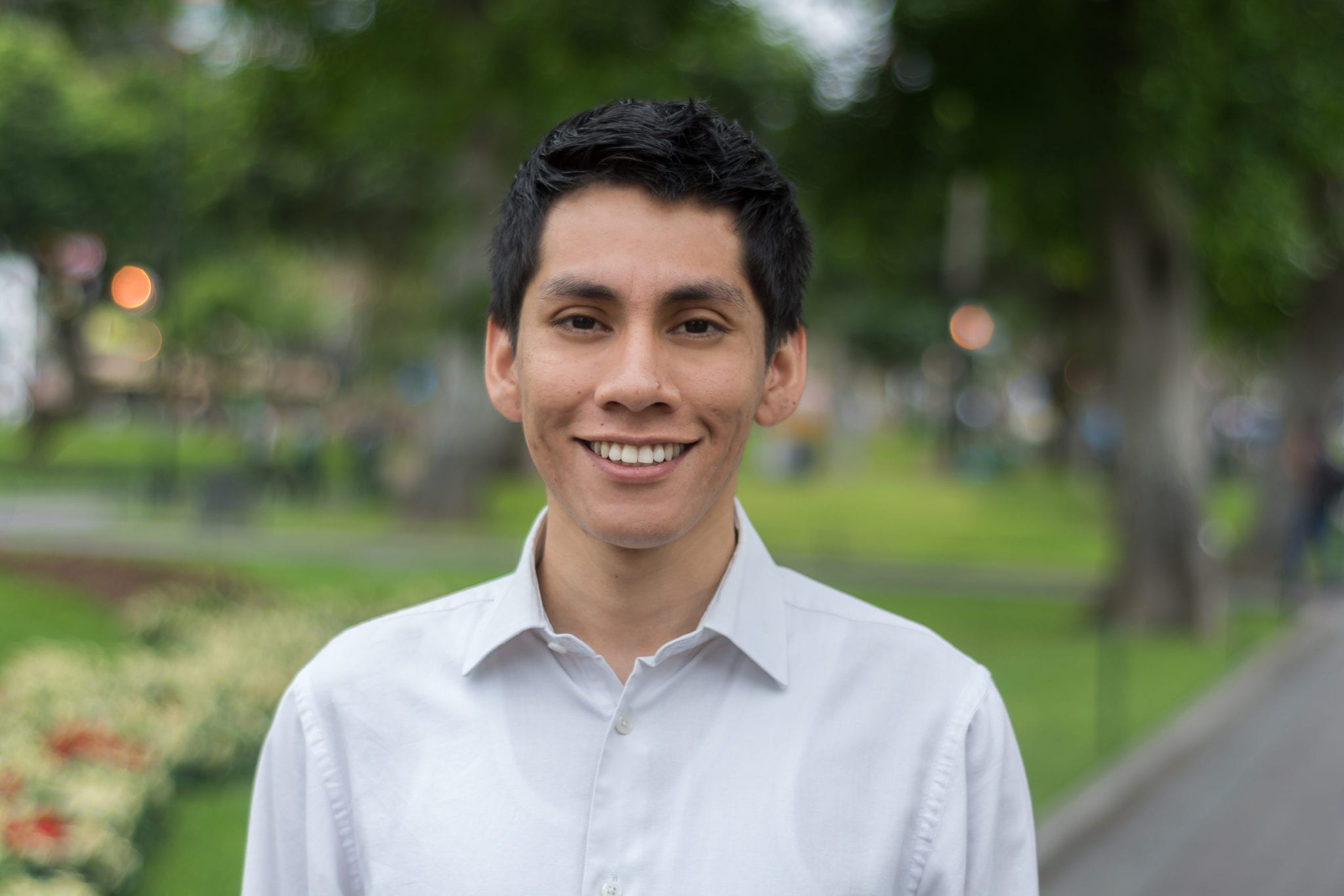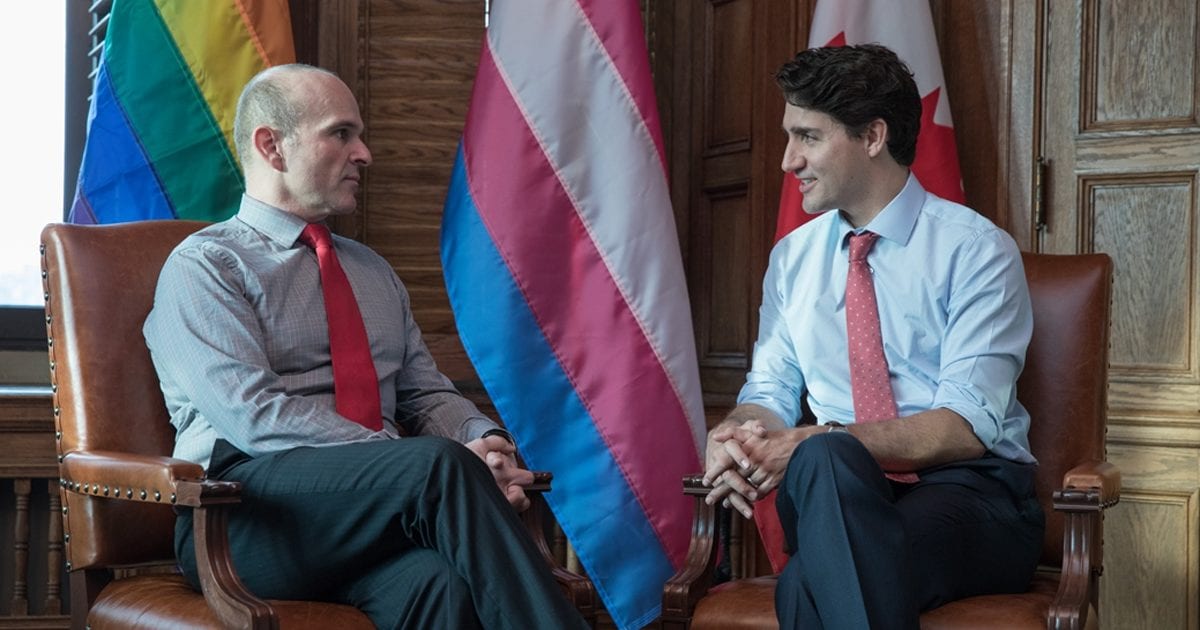On October 7th, close to 120 million people turned out to vote in Brazil. They voted for offices in both state and federal governments, including President, the Chamber of Deputies, the Federal Senate, State Governors, and State Parliaments. News of this election has been wholly focused on the far-right presidential candidate who won the largest percentage of votes, Jair Bolsonaro, who alienated women, LGBTQ people, and Afro-Brazilians with highly offensive rhetoric. Despite Bolsonaro’s large amount of support and fears of Brazil slipping back towards authoritarianism (as a result of his rhetoric praising the dictatorship that ended in 1985), there is good news out of this election.
Prior to 2018, there was one LGBTQ person in Brazil’s Congress, Jean Wyllys. Beginning in 2019, there will be three! Two in the Chamber of Deputies, including a re-elected Wyllys, and Marcelo Calero, both of Rio de Janeiro, and Senator Fabiano Contarato, of Espirito Santo. Six LGBTQ folks were elected in state level legislatures, including Fábio Félix of the Federal District, Robeyoncé Lima of Pernambuco, and Leci Brandão, Isa Penna, Erica Malunginho, and Erika Hilton of São Paulo. Malunginho, Lima, and Hilton are the first transgender state representatives in Brazilian history, an inspiring feat in a time of uncertainty and fear resulting from far-right homophobia.
All three trans representative-elects were inspired by the murder of politician and activist Marielle Franco in March, who was anti-police brutality and feminist, and whose murder is believed to be politically-motivated.
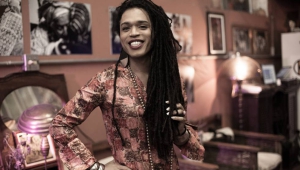
Érica Malunguinho of Sao Paulo
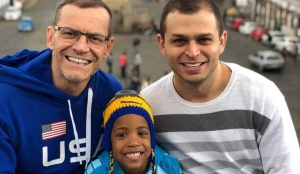
Fabiano Contarato (left) of Espirito Santo
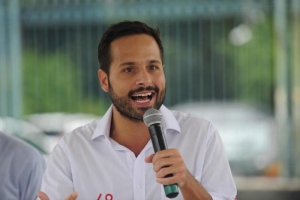
Marcelo Calero of Rio de Janeiro

Robeyonce Lima of Pernambuco
Toni Reis, President of LGBTI National Alliance in Brazil, had this to say about the election:
“An initial analysis of the first round of the 2018 elections in Brazil shows an increase in conservative platforms and a presidential candidacy with an extreme discourse. On the other hand, within the legislative branch, there will continue to be progressive groups of politicians who defend human rights and respect diversity, and these will be our resistance…We need to break the silence and resist. For the future, we LGBTI+ and allied people need to organize ourselves, including through political training courses and preparation of candidates to increase our representation in the Legislative and Executive Branches, in order to realize the guarantee of equal rights and citizenship of the LGBTI+ community, in accordance with the framework of the Federal Constitution.”
Earlier this year, this blog discussed the number of LGBTQ candidates in the then upcoming Brazilian elections, as a record number of over 50 candidates were tallied by Brazil’s LGBTI National Alliance. To see multiple victories out of this number motivates us here in the United States to support our LGBTQ candidates in our upcoming elections. A record number of LGBTQ candidates are also running in the United States, amidst a similar political environment to Brazil, where conservative reactionary forces are threatening to undo the progress made by the LGBTQ community.
Featured image courtesy of Reuters.
